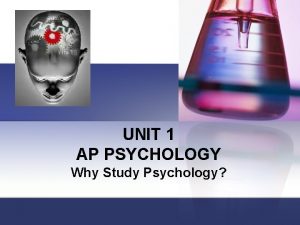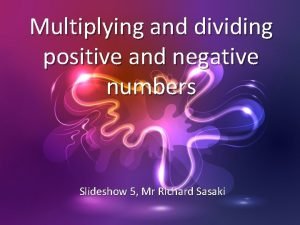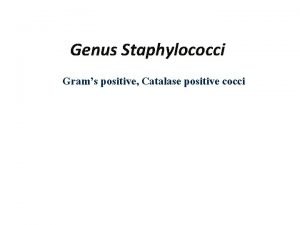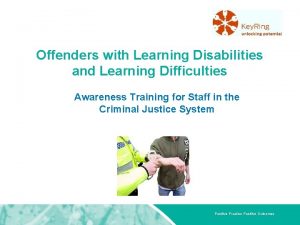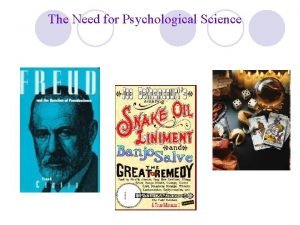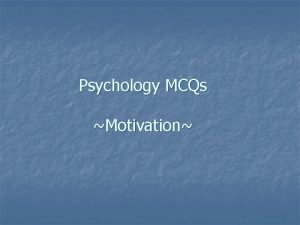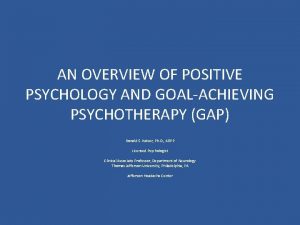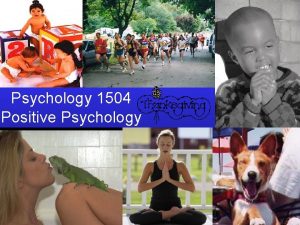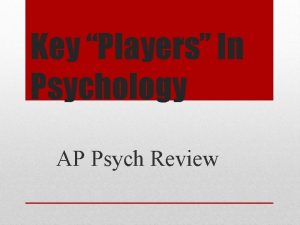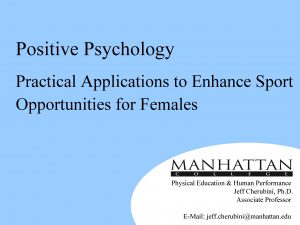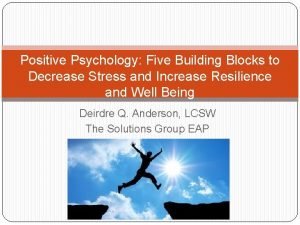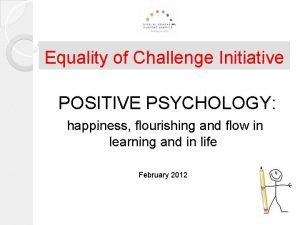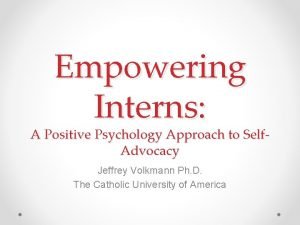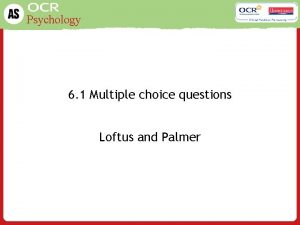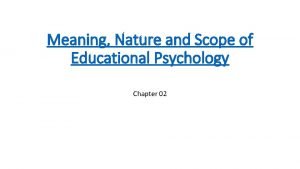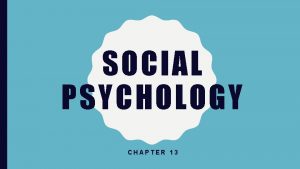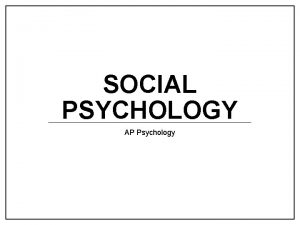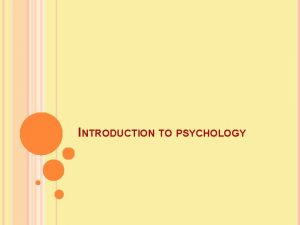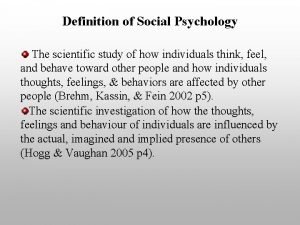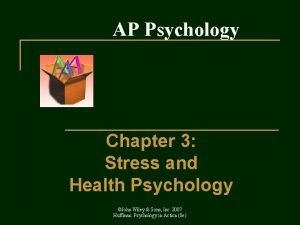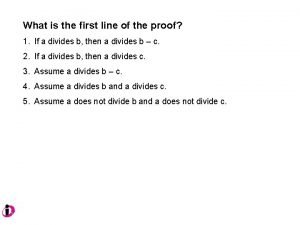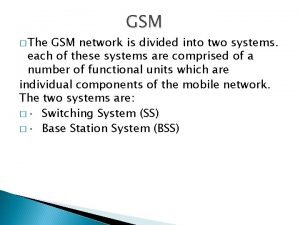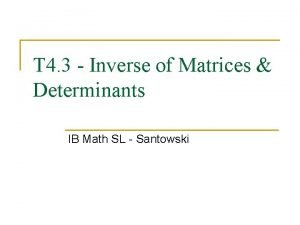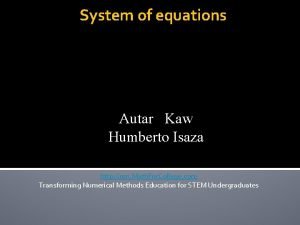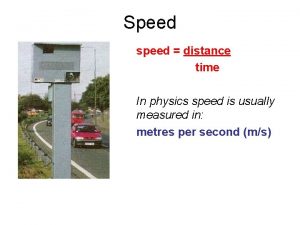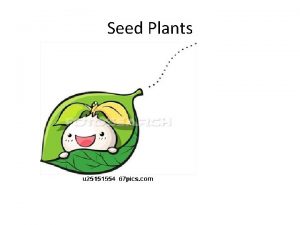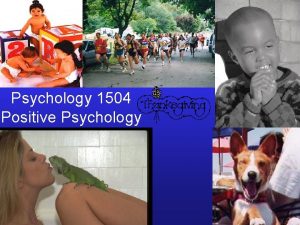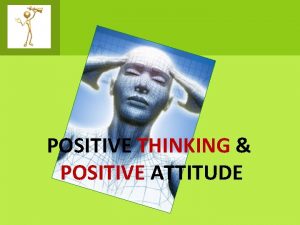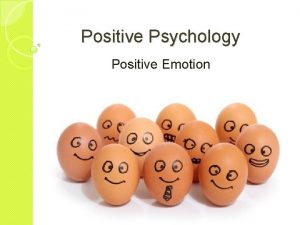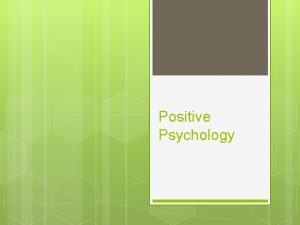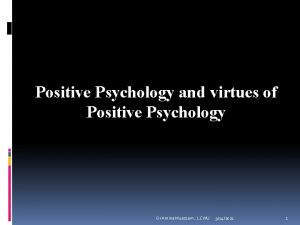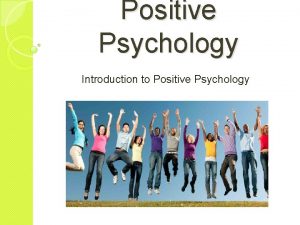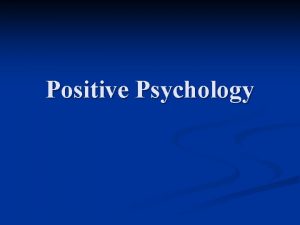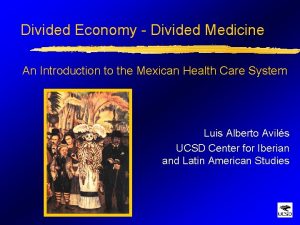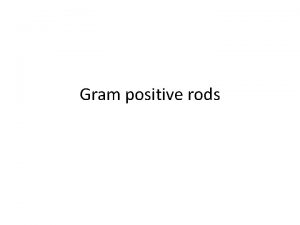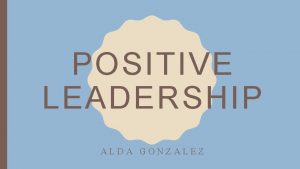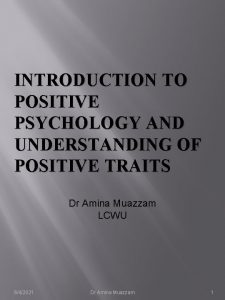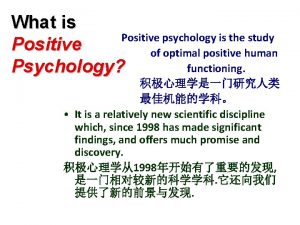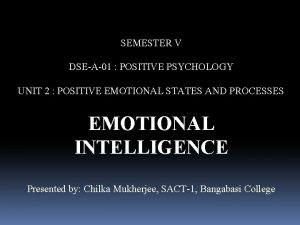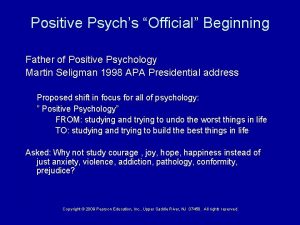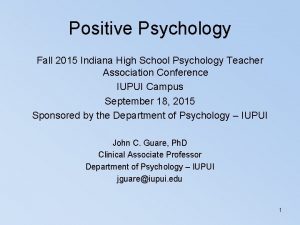Divided Positive Psychology 1Humanistic Positive Psychology 2Positivistic positive




































- Slides: 36


• Divided Positive Psychology: (1)Humanistic Positive Psychology (2)Positivistic positive Psychology

• Watermen(2008) : Aristotle use the Greek word Eudaimonia to designate the highest human good. It means literally “the state of having a good indwelling spirit. ” *Aristotle viewed eudaimonia in terms of a person’s life as a whole. • Waterman (2008) : subjective experience of eudaimonia could be studies as a function of discrete aspects of one’s life, rather than one’s life as a whole.

*Murk(2008): humanistic psychologists are more faithful to the Aristotelian position than “positivistic” positive psychologists. *Churchill(2014): The hallmark of phenomenology is its fundamental emphasis on relationality, *One of the prominent philosophical foundations for humanistic psychology.

• Heideggers (1921 -1922): early lectures on Aristotle, argued rehemently against the Cartesian starting point taken by other philosophers (including positivists), in favor of a hermeneatically-clarified Aristotelian philosophy.

• Wurk(2014) : Self-esteem - most central themes in positive psychology • James (1890/1983) defined self-esteem, as a ratio between one's “pretensions” and “successes” • Success in areas of life that are important to a person result in self-esteem and failure in them detracts from self-esteem

• Valuing one's self in this way requires constant attention, vigilance, and a need to respond to the threat of failure. • Self-esteem may well be connected to various types of problems, such as overachievement, perfectionism, anorexia, and, in extreme cases, antisocial behavior.

*We must think of our own being not in terms of what positive psychologists would find “measurable” in the human being. *Humanist psychologists refer to human beings in the how of their being, our being together with others. *Relationality as a fundamental tenet of humanistic psychology.

• (Rosenberg, 1965) : Views self-esteem in terms of a feeling, attitude, or belief concerning one's worth as a person • It would be difficult to differentiate self-esteem from excessive pride, self-centeredness, narcissism, and so forth.

• Branden (1969) • “Self-esteem has two interrelated aspects: it entails a sense of personal efficacy a sense of personal worth. • It is the integrated sum of self-confidence and self-respect. • It is the conviction that one is competent to live and worthy of living”

• The worthiness that is involved in authentic selfesteem must be tied to reality, • Feeling good about one's self is in some way merited, • When acting competently in ways that dignify an individual.

POSITIVISTIC POSITIVE PSYCHOLOGY • Branden (1969) : His work was based largely on a philosophical position associated with humanism and still needed to be validated by others. • Both the perceived lack of empirical evidence and the risk of falling into the self-help category are seen as great dangers by the founders of PPP.

• Seligman & Csikszentmihalyi (2000, p. 7) • Unfortunately, humanistic psychology did not attract much of a cumulative empirical base, and it spawned myriad therapeutic self-help movements.

• Mruk (1984, 1994, 2006). • It is possible to combine qualitative and quantitative work on self-esteem through a method known as integrated description

• Jackson (1984, p. 45) : The most powerful types of self-esteem moments, those that are especially important in terms of increasing or decreasing genuine self-esteem, occur at times when an individual faces a “central conflict” and resolves it authentically (Mruk, 1983). • These situations involve times in life when one is called to do the right thing, just when doing so would be very difficult for a particular individual, given his or her personal history and abilities.

• Self-esteem is a universal human concern, • Sheldon, Elliot, Kim, & Kasser, (2001) : Surveys given to various cultures around the world rank it as one of the three most basic human needs. • Western societies do tend to emphasize competence or success more than worthiness. • Eastern societies usually place more value on worthiness.

• Developmentally oriented multidimensional measures of self-esteem have been successfully developed for assessing self-esteem across the entire lifespan (Harter, 1999; O'Brien & Epstein, 1983/1988). • Multidimensional Self-Esteem Inventory (MSEI)

• Fava's Well-Being Therapy • Competence and Worthiness Therapy

Being-in-the-World and Confucian Relationalism

• If the“relations” are actually prior, the primary realities, then the “selves” are posterior, and dependent on the relations. • Brent Slife, “Each thing, including each person, is first and always a nexus of relations ”

• Westerners speak of people influencing each other more or less on the model of mechanical causation. • The term “confluence” is used to indicate that the relata are changing together under the pattern of a given relationship in the flow of life.

• Kenneth Gergen, I suggest that the expression “relational self”replaced by “relational being. ” • Experiences, positive characteristics, and the institutions that foster such things

• “relational being” relations are thing; they are confluences in the flow of life, and people are shaped, characterized and identified in and through their relations.

• The “natural propensities” are the responsive sensitivities through which a person is co-formed in the nexus of the confluences of relations. • Self-reflection itself is not the solipsistic musing of an independent mind in its own private inner world of thought; it is more an inner monitoring of one’s coformation and attunement process in the context of one’s distinctive evolving bundles of relations.

Confucian Self-cultivation

• “Master oneself (or “the self”) by practicing the rites; this is how to be humane. • “learning for oneself (weiji zhi xue 為己之學)” • “the learning by which one works it out oneself, ” i. e. , for example, makes oneself more sensitive to interpersonal relationality-- and disposed to relate in sensitive, balanced ways. • Weiren zhi xue would entail just doing it for the grades, the sheepskin, one’s face for others.

• Nothing is more evident than what is hidden; nothing is more apparent than what is minute. Therefore, the exemplar is circumspect about his uniqueness. “ 莫見乎隱,莫顯乎微, 故君子慎其獨也。“

• That “uniqueness” here refers to the unique sets of relations in which each person is born and constituted in his or her flow of life. • One’s relationality means that, in a sense, one’s conduct and performances are reflections of one’s originative, nurturing, and constitutive sets of relations.

• Relationality involves immanent responsibility to and for the other relata. • Notion of initiative reflects the importance not only of playing one’s role as relatum but of making good for the relationship, even for one’s relationships as a whole.

• The pre-aroused state of joy and anger, sorrow, and happiness is called equilibrium (tranquility, equipoise; zhong 中); aroused, timely, and in due proportion is called harmony (he 和). Equilibrium is the great root of the empire, and harmony is the penetrating way of the empire.

• This account of the pre-aroused and aroused states of mind is descriptive of the highly cultivated person who normally keeps his mind tranquil. • It would be prescriptive in the sense of a model or goal to emulate and realize for others: relationally, one maintains a tranquil heart in equilibrium to be receptive and responsive when matters come up.

• It was a state of equipoise such that one was alert and set to respond directly and aptly.

Alvin Dueck, Ph. D. Distinguished Professor of Cultural Psychologies, Department of Clinical Psychology, School of Psychology, Fuller Graduate School of Psychology, Pasadena, California, USA. Email: adueck@fuller. edu



 Positive psychology ap psychology definition
Positive psychology ap psychology definition Divide negative numbers
Divide negative numbers Novobiocin test
Novobiocin test Negative numbers rules
Negative numbers rules Positive practice positive outcomes
Positive practice positive outcomes Examples of naturalistic observation
Examples of naturalistic observation Positive psychology mcqs
Positive psychology mcqs Sailboat metaphor positive psychology
Sailboat metaphor positive psychology Concepts of positive psychology
Concepts of positive psychology Positive psychology 1504
Positive psychology 1504 Strath haven positive psychology curriculum
Strath haven positive psychology curriculum Classical conditioning
Classical conditioning Positive psychology baumgardner
Positive psychology baumgardner Meaningful life positive psychology
Meaningful life positive psychology Harry maslow
Harry maslow Second wave of positive psychology
Second wave of positive psychology Scope of positive psychology
Scope of positive psychology Primary reinforcement
Primary reinforcement Scope of positive psychology
Scope of positive psychology Positive psychology internships
Positive psychology internships Positive psychology multiple choice questions
Positive psychology multiple choice questions What is mean by
What is mean by Social trap psychology definition
Social trap psychology definition Fundamental attribution error ap psychology
Fundamental attribution error ap psychology Introspection methods of psychology
Introspection methods of psychology Social psychology definition psychology
Social psychology definition psychology Health psychology definition ap psychology
Health psychology definition ap psychology A divided b
A divided b Latin verbs are divided into
Latin verbs are divided into Gsm network divided into
Gsm network divided into Multiplicative inverse of matrix
Multiplicative inverse of matrix Can matrices be divided
Can matrices be divided Triangle of distance speed and time
Triangle of distance speed and time Volume of solute divided by volume of solution * 100
Volume of solute divided by volume of solution * 100 System software is usually divided into two categories
System software is usually divided into two categories All traffic signs and meanings
All traffic signs and meanings Seed plant are divided into
Seed plant are divided into
